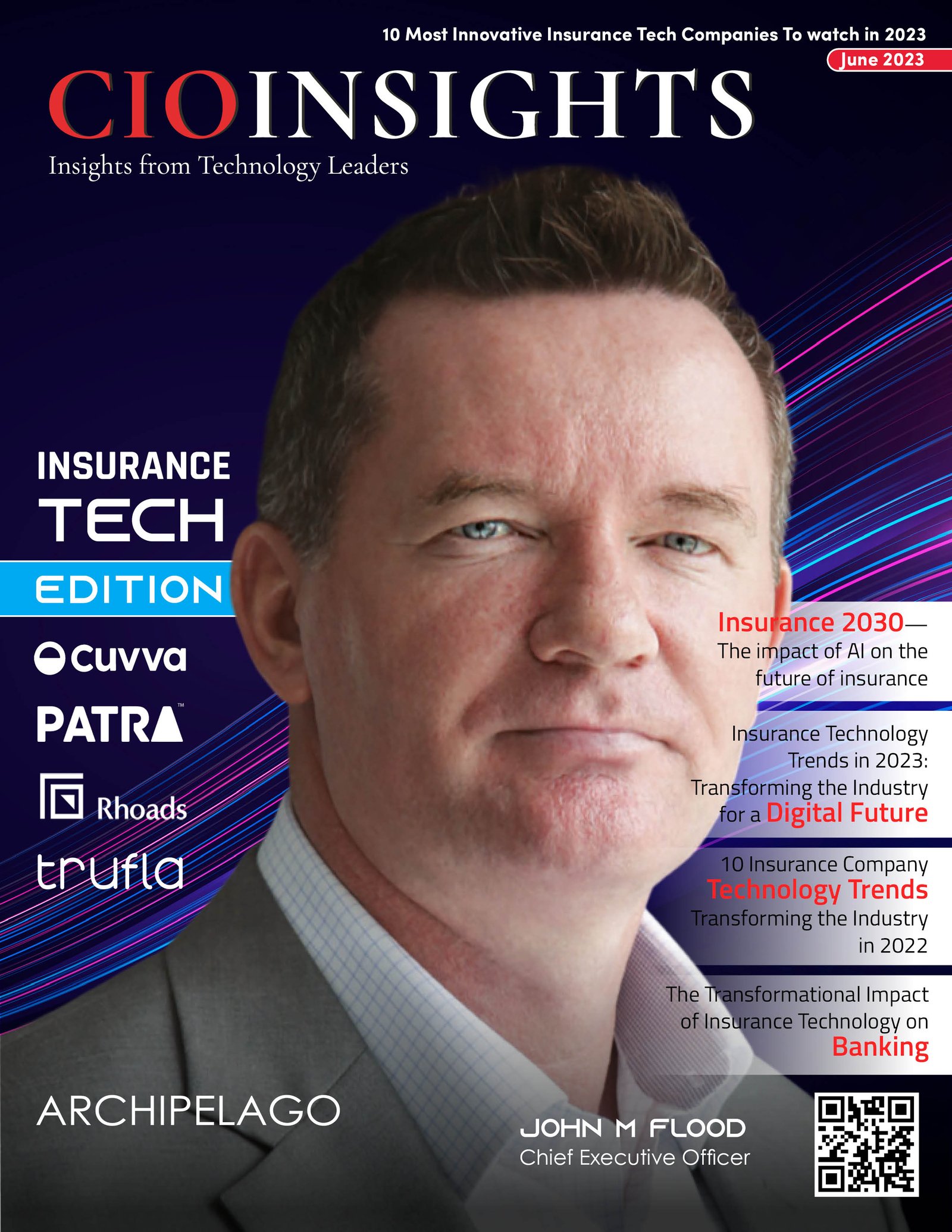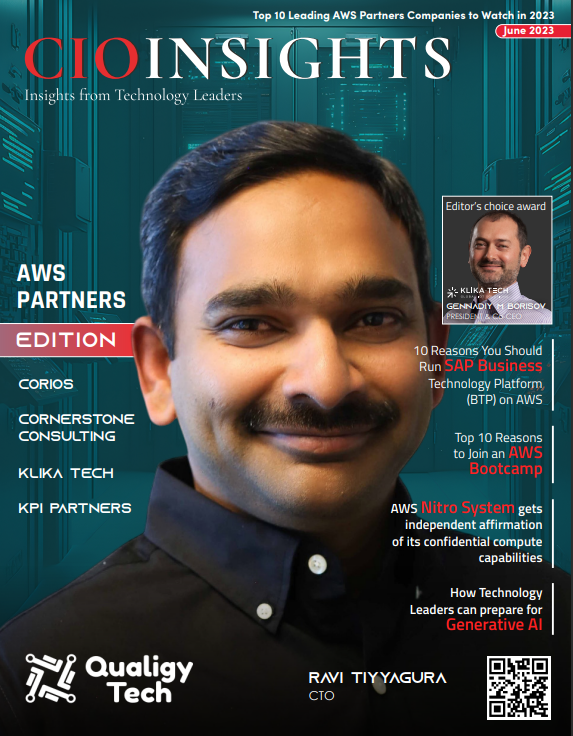Why Data is the Currency of the Future Tech Economy

In the rapidly evolving landscape of modern technology, data has become the lifeblood of innovation, growth, and progress. Just as traditional economies once relied on tangible assets such as gold or oil, the future economy is built on the intangible yet immensely powerful resource of data. Every digital interaction, from a simple online purchase to large-scale enterprise decisions, generates valuable insights that can shape industries and redefine business strategies. As technological advancements accelerate, data continues to emerge as the new currency that drives the global economy forward, influencing how organizations operate, innovate, and compete. The Role of Higher Education in Shaping Data-Driven Leaders In this data-centric world, the demand for professionals who can interpret, analyze, and strategically leverage information has never been higher. An MBA Information Systems online program offers professionals the opportunity to strengthen both their technical and managerial expertise while maintaining their current careers. The flexibility of online learning allows students to study at their own pace, engage with diverse peers, and apply what they learn directly in real-world business settings. This balance of convenience and practical application helps learners develop strong analytical, leadership, and decision-making skills essential for the evolving digital landscape. The University of North Carolina Wilmington’s online programs embody these same advantages while upholding the high academic standards and personalized instruction that define their on-campus experience. These programs offer the flexibility needed to pursue educational goals while continuing to progress in one’s career. Data as the Foundation of Innovation Innovation thrives where information flows freely. Data provides the raw material necessary to identify patterns, understand behavior, and predict future trends. Whether in artificial intelligence, automation, or smart technology, the ability to gather and analyze data determines how effectively an organization can innovate. Every new product, service, or platform is now built on data-driven insights that enable companies to deliver tailored experiences and make proactive improvements. This shift marks a significant change from intuition-based decisions to evidence-based strategies that enhance efficiency and competitiveness. The Economic Value of Data As digital ecosystems expand, the economic value of data grows exponentially. Information has become a tradeable commodity, influencing corporate valuations and fueling entirely new business models. Unlike physical assets, data appreciates in value the more it is analyzed and interconnected. Businesses use it to refine operations, improve decision-making, and enhance customer relationships. Data-driven enterprises consistently outperform their competitors because they base their strategies on factual insights rather than assumptions. Data and the Evolution of Artificial Intelligence Artificial intelligence relies entirely on data to learn, adapt, and make decisions. The more data an AI system processes, the smarter and more accurate it becomes. Machine learning algorithms are trained on vast datasets to recognize patterns, automate tasks, and improve performance without human intervention. This symbiotic relationship between data and AI has transformed industries such as healthcare, finance, and logistics, enabling them to operate with unprecedented precision and speed. AI’s dependence on data highlights the immense importance of data quality and accessibility. Clean, structured, and relevant data is essential for training reliable models that can deliver meaningful outcomes. Data Security and Ethical Responsibility With the increasing value of data comes the responsibility to protect it. The future economy cannot thrive without strong data governance and ethical standards. The misuse or mishandling of information can lead to breaches of trust and severe economic consequences. Protecting personal and organizational data requires a commitment to transparency, privacy, and security. As the world becomes more interconnected, ensuring that data is collected, stored, and used responsibly will be a defining challenge for future leaders. Data ethics also play a central role in maintaining fairness and accountability in technology. As algorithms influence decisions in hiring, lending, and healthcare, organizations must ensure that their data sources are free from bias and discrimination. Ethical data practices build public confidence and contribute to a sustainable, inclusive digital economy. Empowering the Workforce Through Data Literacy The rise of the data economy demands a workforce capable of understanding and applying data insights effectively. Data literacy is no longer limited to analysts and IT professionals; it has become a fundamental skill across all industries. Employees at every level must learn how to interpret data, question its sources, and use it to make informed decisions. Higher education and professional development initiatives will continue to play a vital role in fostering this data fluency. As industries evolve, lifelong learning and upskilling will be essential to keep pace with new technologies and methodologies. The Future Economy Built on Insight and Intelligence The future economy will be defined not by physical resources but by intellectual and informational capital. Data will underpin every aspect of business, governance, and daily life. Those who understand how to gather, interpret, and act on data insights will shape the trajectory of industries and economies alike. The ability to harness data effectively will determine who leads and who follows in this new era of digital competition. In the years ahead, the importance of data will only continue to expand as technologies like artificial intelligence, quantum computing, and the Internet of Things integrate further into society.





